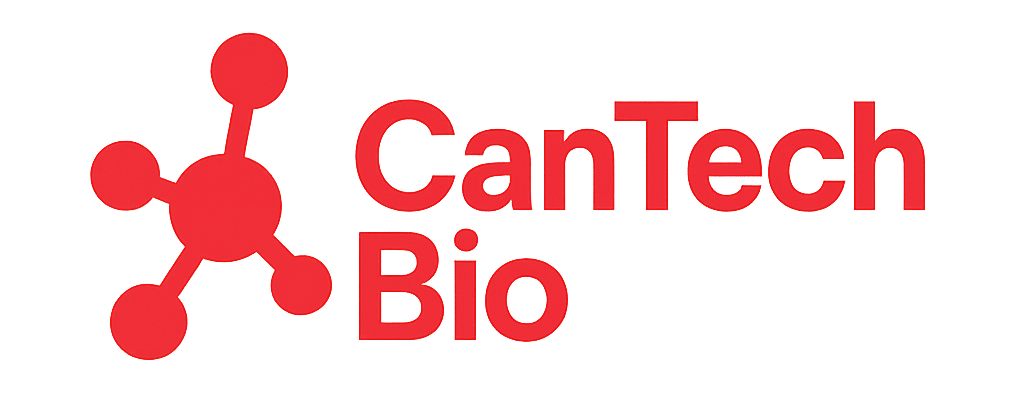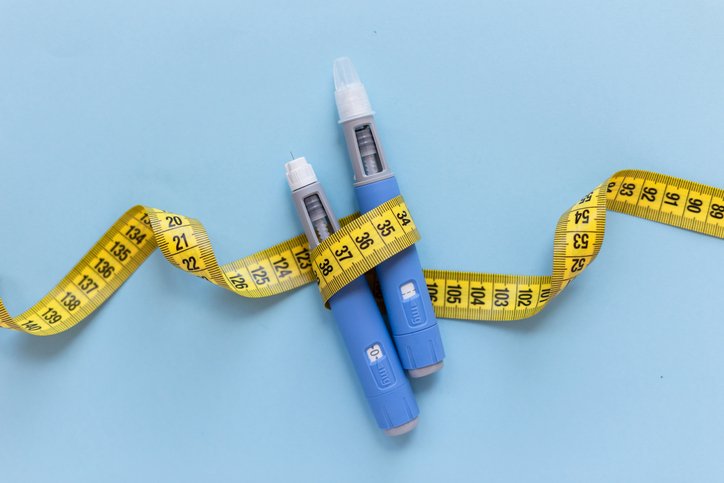Bioprocessing experts have a terrific opportunity to use generative AIs for applications like quality assurance, but it’s important to know their limitations. That’s the view of Colin Zick, a partner working in the Healthcare Compliance Practice of law firm Foley Hoag.
Zick, who will be speaking at a town hall on “AI & Digital Transformation in Bioprocessing—Opportunities versus Realities?” at the 17th Annual Bioprocessing Summit in Boston next week, says AIs like ChatGPT have exciting, creative applications, but their risks and benefits need to be thoroughly evaluated.
“AIs are as much a tool as a hammer or shovel, but to find the opportunities, we need to understand what the realities and risks are,” he says. “One classic issue is people assume everything that comes out of an AI is correct, but it’s the same as with any other work product—there needs to be a process in place to verify the results.”
According to Zick, AIs are assisting with the management of large datasets in bioprocessing, as well as many other industries. But it’s important to keep in mind how good the data is that’s being managed and used to feed the AI.
“At our firm, we have a proprietary AI that’s designed for lawyers to do legal work, and it works quite well at that,” he says. “But it hasn’t been fed the data [to write my biography] and, as it doesn’t know what it doesn’t know (because it doesn’t ‘know’ anything), it’ll try to do it anyway and just come up with a mishmash of everything it associates with me.”
Zick noted that the AI claimed he founded Foley Hoag before he was born, is married to a different woman from his wife, and has three children, rather than two, all with different names from his real family! Yet, at the same time, Zick believes AI presents an exciting opportunity for bioprocessing scientists. “Based on my experience and expectations, folks in bioprocessing have a culture based on quality assurance and review and are used to working with intrinsically complex systems. That presents an opportunity to think ‘there’s this new thing—what can I use it for?’” he says.
One application he’s found for the law firm’s AI is asking it to find mistakes in documents he’s already written. As he points out, this is a win-win either way. Whether it finds no mistakes or mistakes he can check for, he benefits from time savings and an extra pair of “eyes.”
“[This AI error checking] takes no time,” he says. “Whereas, if I asked a colleague, it would take a couple of hours, and the opportunity cost is, thus, significant.”
Another useful application, he says, is to ask an AI to consider the issues around a new project or process. “We appreciate our clients considering legal issues as part of a process, and if you include these kinds of analyses throughout your quality assurance, you will get better results.”
The post Generative AI Can Be a Tool for Bioprocessing Quality Assurance appeared first on GEN – Genetic Engineering and Biotechnology News.



